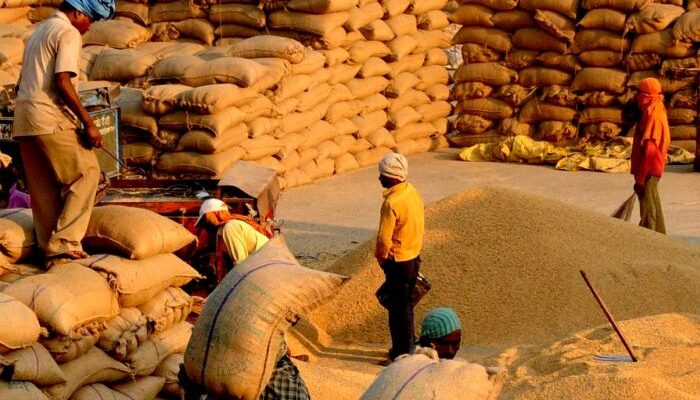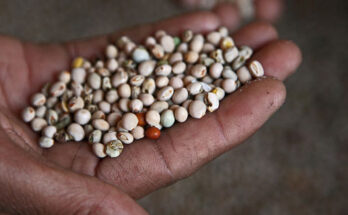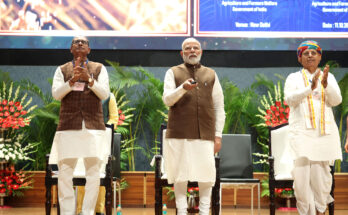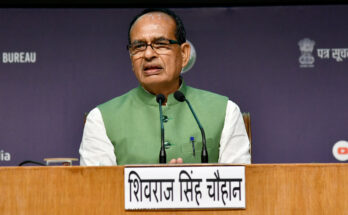The agri reform council would play a pivotal role in harmonising policies and initiatives across states to enhance agricultural productivity and farmer incomes.
New Delhi: The Indian economy is projected to experience robust growth this year, with an anticipated growth rate of 8 per cent, marking the fourth consecutive year of above 7 per cent growth, according to Sanjiv Puri, President of the Confederation of Indian Industry (CII). This optimistic forecast, despite being higher than the consensus, is based on India’s track record of surpassing initial growth estimates by significant margins. Puri emphasised that achieving this growth target hinges on addressing the remaining reform agenda, improving global trade prospects to boost exports, robust performance from investment and consumption sectors, and expectations of a normal monsoon.
Speaking to the media for the first time since assuming his role as President of CII, Puri outlined a comprehensive 14-point agenda aimed at driving the next phase of India’s economic transformation. This agenda, representing the collective wishes of the industry, includes a specific focus on the agricultural sector, which holds the 11th position in the sequence of priorities.
You may also like to read: FAO Food Outlook predicts stability for most food commodity markets in 2024-25
Puri emphasised the need for a concerted focus on agriculture, advocating for the creation of an Inter-State Agri Reform Council to build consensus on agricultural reforms between the Central and state governments. This council would play a pivotal role in harmonising policies and initiatives across states to enhance agricultural productivity and farmer incomes.
The CII’s recommendations for boosting farmer incomes include launching new converged programmes for Producer Collectives to leverage the power of scale, developing warehousing infrastructure to minimise post-harvest losses and improve storage, and establishing a National Grid for Market Intelligence and Crop Planning to optimise resource allocation and crop choices. Additionally, promoting the adoption of technology in agriculture, such as creating village-level entrepreneurs offering farming as a service exemplified by initiatives like drone operators, is crucial.
According to the recommendations, accelerating the creation of a Digital Agri Stack to streamline agricultural data and services, enhancing investments in cold chain infrastructure and dedicated transportation corridors to maintain the quality of perishable goods and facilitate efficient distribution, and implementing the recommendations of the High-Level Expert Group (HLEG) to the 15th Finance Commission aimed at boosting agricultural exports through the development of competitive, demand-based clusters and agri-value chains are also vital steps.
You may also like to read: African Development Bank, Ethiopia launch $94 Mn project to augment climate-resilient wheat value chain
Alongside agricultural reforms, Puri underpinned the importance of rural development for achieving a developed India. CII’s agenda includes several initiatives to bolster rural development: facilitating industry engagement with the National Rural Livelihood Mission (NRLM) through mentorship and entrepreneurship training, developing rural industrial parks particularly near planned industrial corridors and smaller smart cities to create first-mile and last-mile connectivity infrastructure to markets, launching a ‘Smart Village Programme’ where villages can be adopted by various entities utilising digital technology to transform the rural landscape, and establishing Integrated Rural Development Hubs and Model Career Centres to provide holistic development and career opportunities in rural areas.
Puri concluded by expressing confidence that these initiatives would place the Indian economy on a robust growth trajectory, thereby solidifying the foundation for India’s journey towards becoming a developed nation by the centenary of its independence.
“Such initiatives will help the Indian economy to stand out on a robust track and strengthen the foundations of our journey towards India@100,” Puri concluded, highlighting the critical role of these reforms in achieving long-term sustainable growth.




